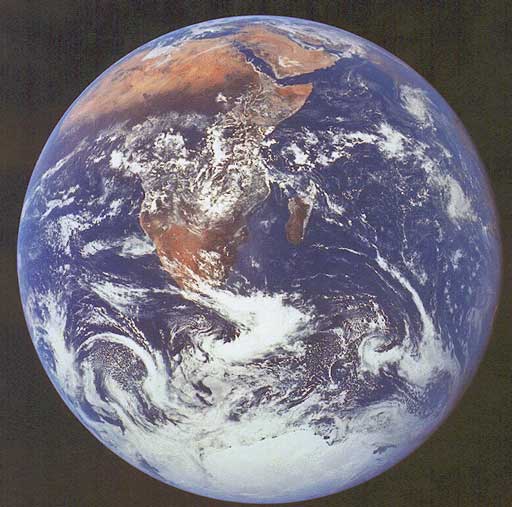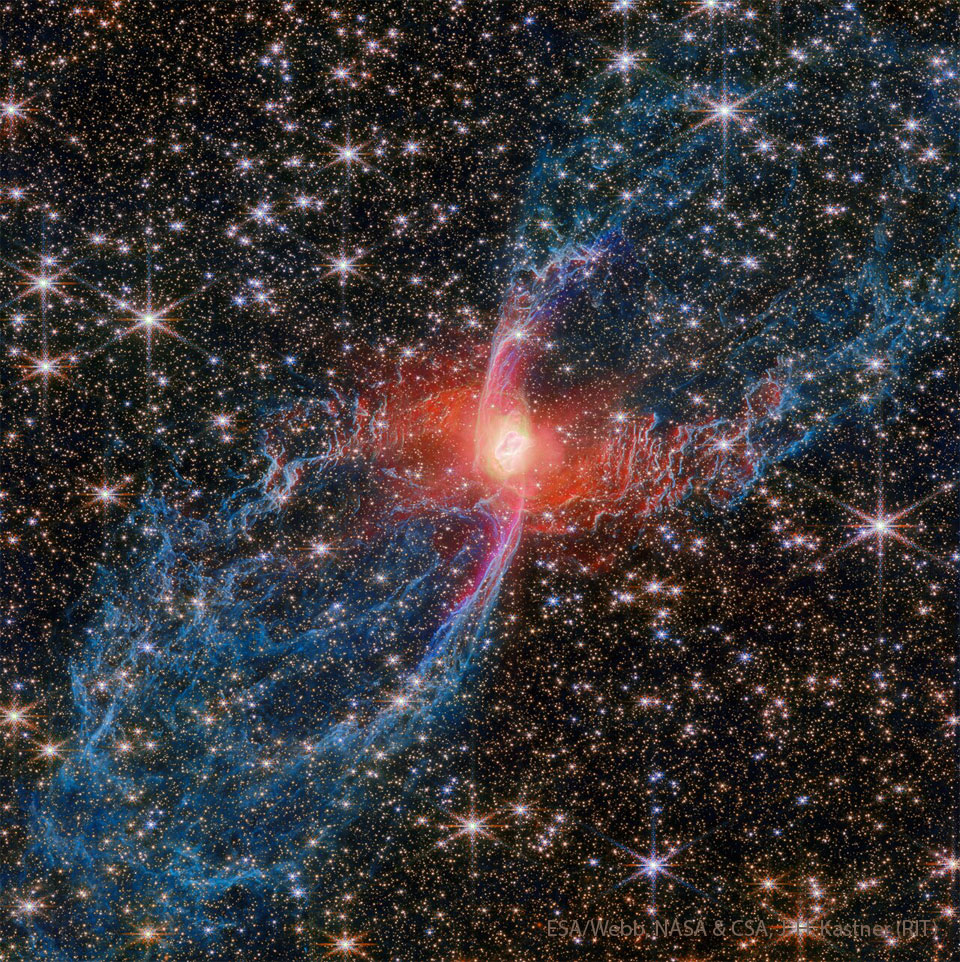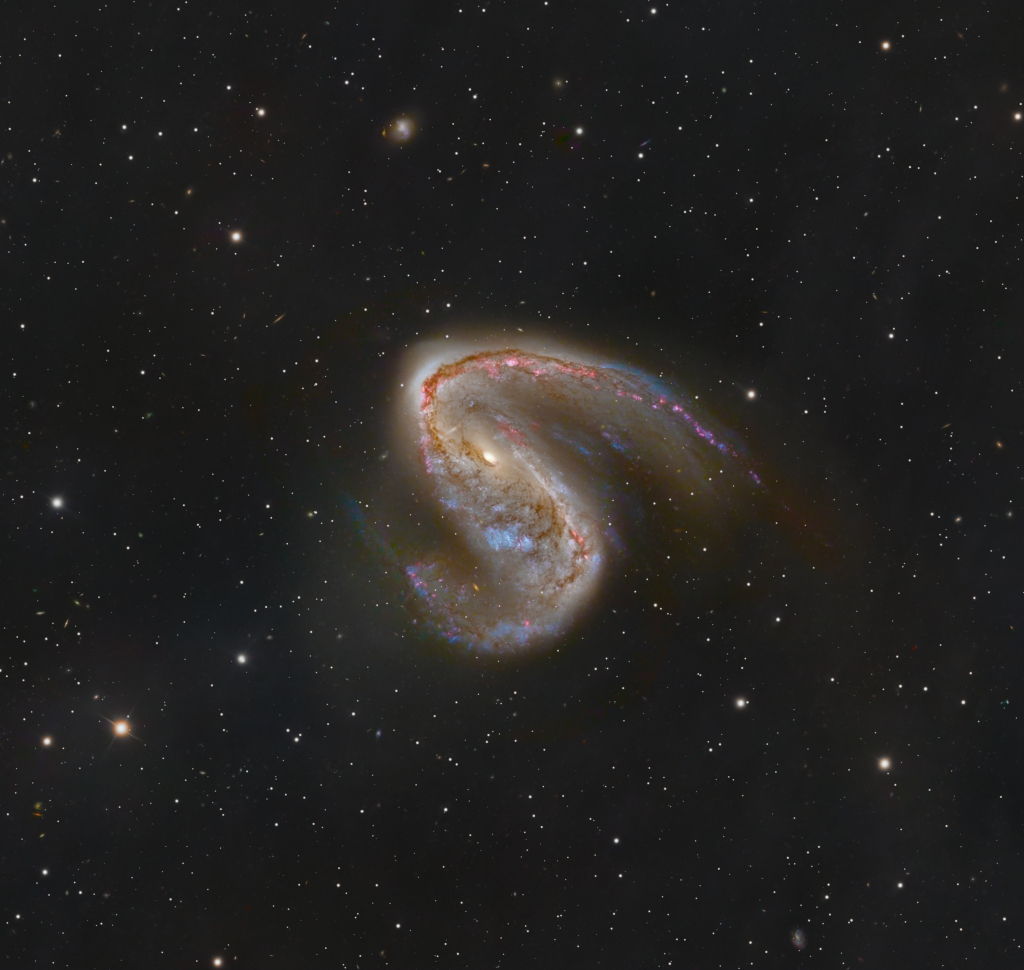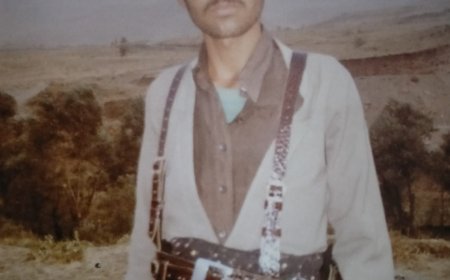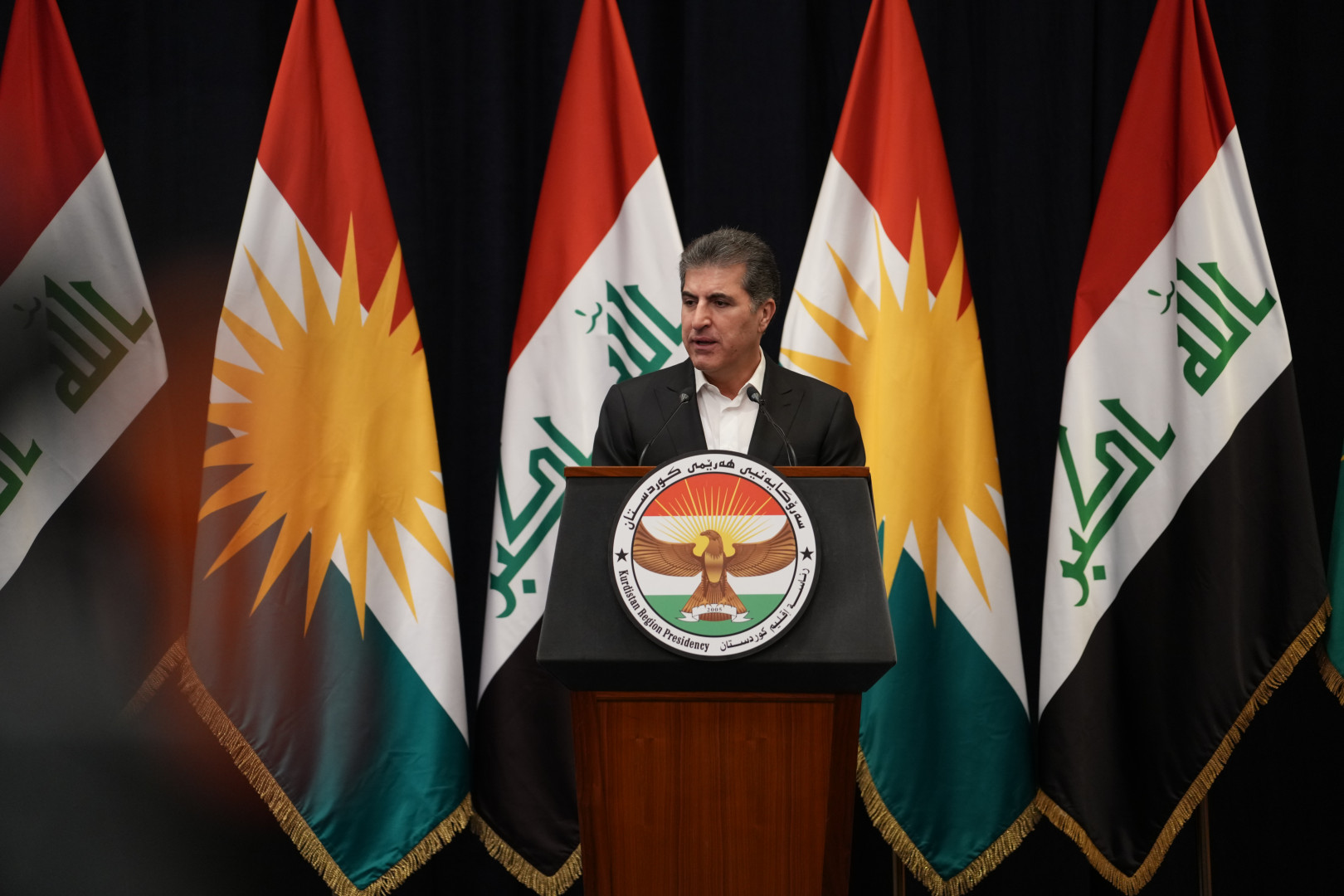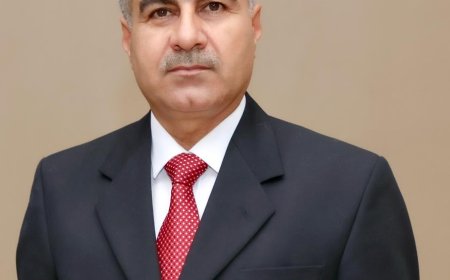42nd anniversary of the Barzani Anfal genocide
Michael EJ Phillips / Lecturer in the Department of French at Salahaddin University
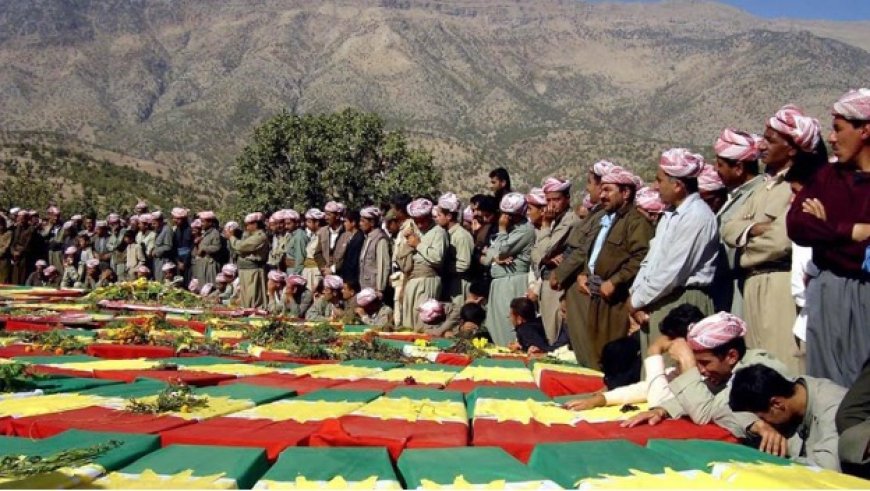
Today, 31 July 2025, marks the 42nd anniversary of the Anfal campaign against innocent Barzani civilians. At the Qushtapa, Bahrka and Diana concentration camps, around 8,000 men and boys between the ages of 10 to 80 were summarily rounded up and told they would be working as labourers and would return in three days. The reality was that they were put on buses and sent off down the Kirkuk road towards the deserts of southern Iraq, never to be seen again.
Makrum Said, wife of one of the victims, Salah Haidar, a father of four, described the situation at the Qushtapa camp in Lâm Duc Hiên’s book My Beloved Kurdistan. Her husband was up early, getting ready for work as usual. That day, however, soldiers have completely surrounded the camp and around forty buses are lined up outside. Megaphones start blaring. “All aboard the buses! You are going to Kirkuk! All the men onto the buses!” Because nobody wants to go, soldiers enter the houses, dragging even the sick and bedridden out, even little boys. Refusal means being shot point-blank.
Three days later, the women are waiting in the camp for their return. They have prepared food. But none of them do return. They have been kidnapped and murdered. It was only many years later that facts began to emerge. They had been taken to Nugra Salman (a desert prison 300km south of Baghdad), Bussia (an outpost by the Saudi Arabian border) and other places. Within a week of their arrival, they were all executed and dumped into mass graves close to where the borders of Iraq, Kuwait and Saudi Arabia meet. While many remains have been uncovered, many are still missing.
President Nechirvan Barzani has described it as “one of the most terrible crimes and genocides” and has lamented that the consequences of this genocide are still felt with the Kurdish people to this day. He has exerted strenuous efforts to ensure that the genocide is recognised as such by the international community.
This genocide came at the start of the Anfal campaign (named after the eighth surah of the Quran) which eventually saw about 182,000 Kurds die needlessly. The regime’s aim was to erase Kurdish nationalism and subdue the Barzani community. More than 7,300 of the victims are buried in the Barzan genocide cemetery. The suffering caused by the Barzani genocide on 31 July 1983 was compounded in that those women had to raise their deprived children in the absence of father and brothers who could provide for them. According to a Kurdish female doctor, Bayan Rasul, the society was very traditionalist. These brave women had never known how to go to the market and buy things, had never earned their own money because the men took care of all that. They were thus vulnerable, living in fear at the camps at night. Many had to both guard and then go out to work the next day.
Therefore, it is important that today we also honour those particularly in the areas of Harir, Batas and Diana among others who sheltered, assisted and provided jobs for the families targeted by the Anfal campaign. Those mothers and sisters deserve the utmost respect, as they struggled in the face of sometimes insurmountable adversity.
Lest we forget, and may we live in peace rather than conflict.


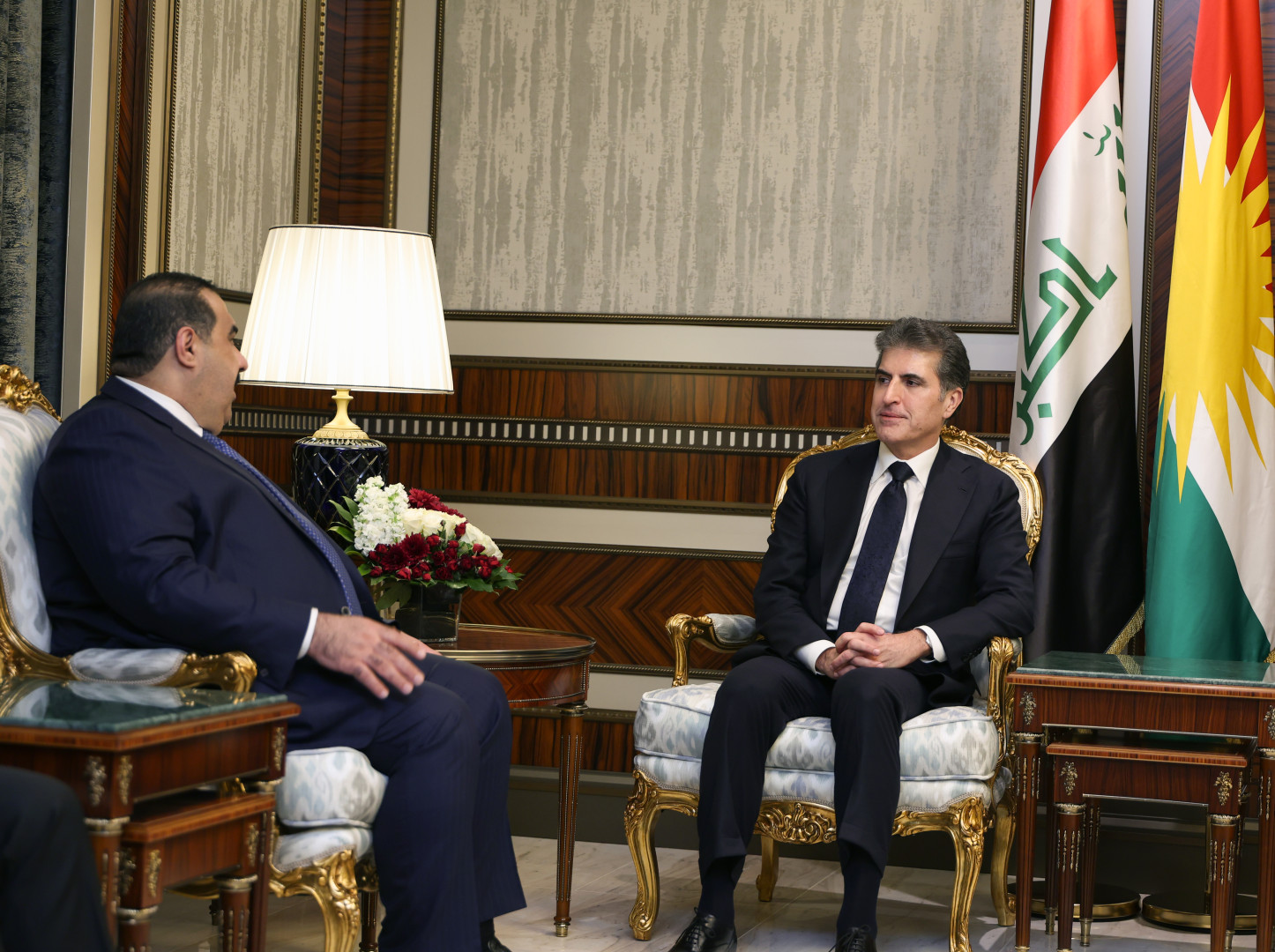

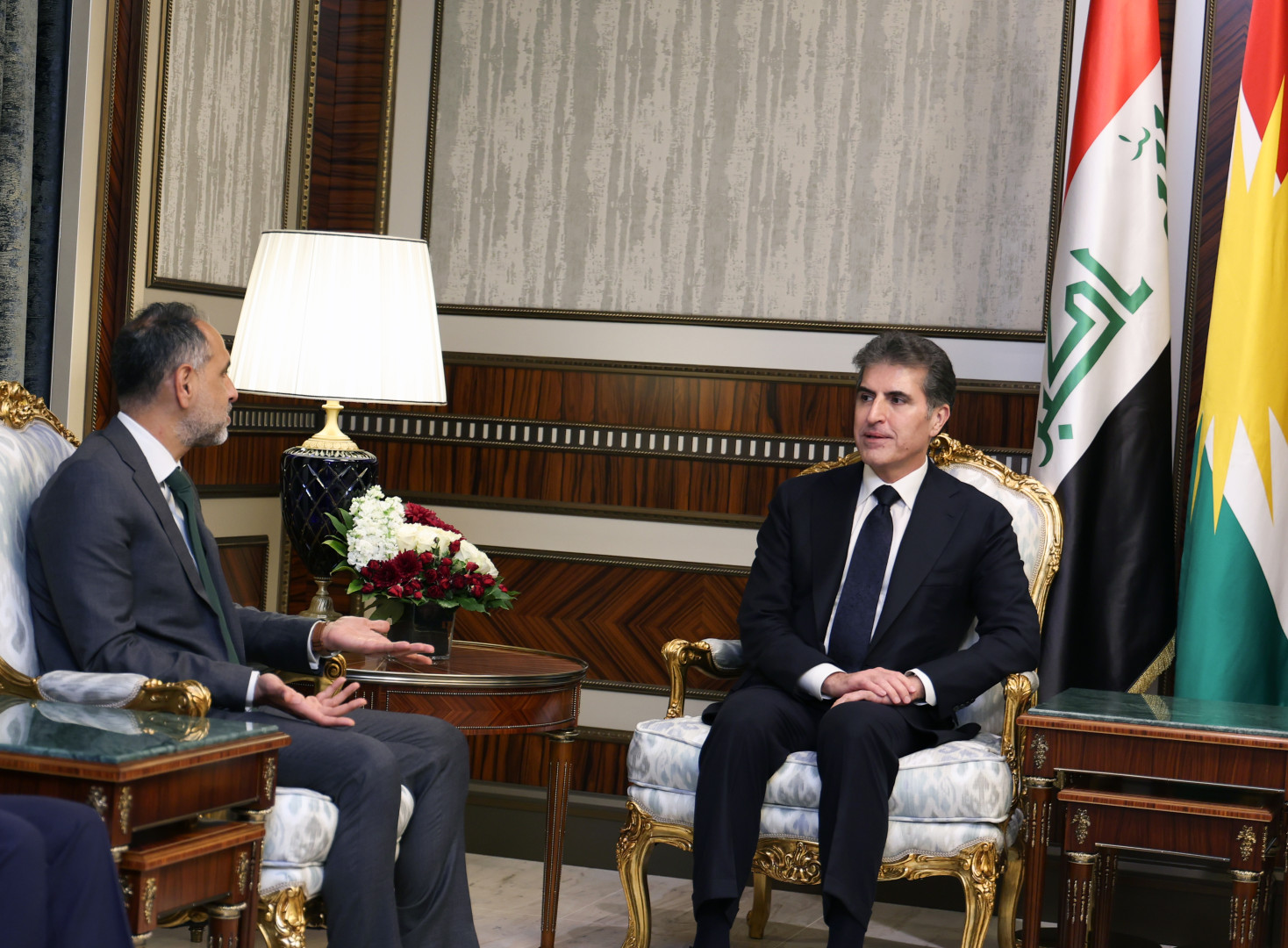




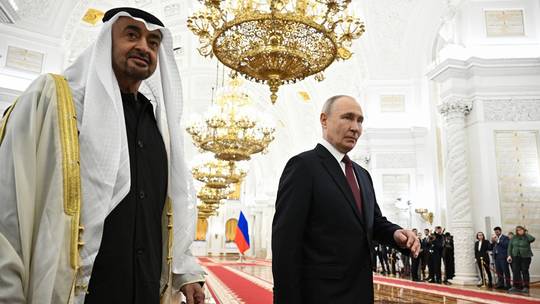
/file/attachments/orphans/GettyImages-173171038_666041.jpg)








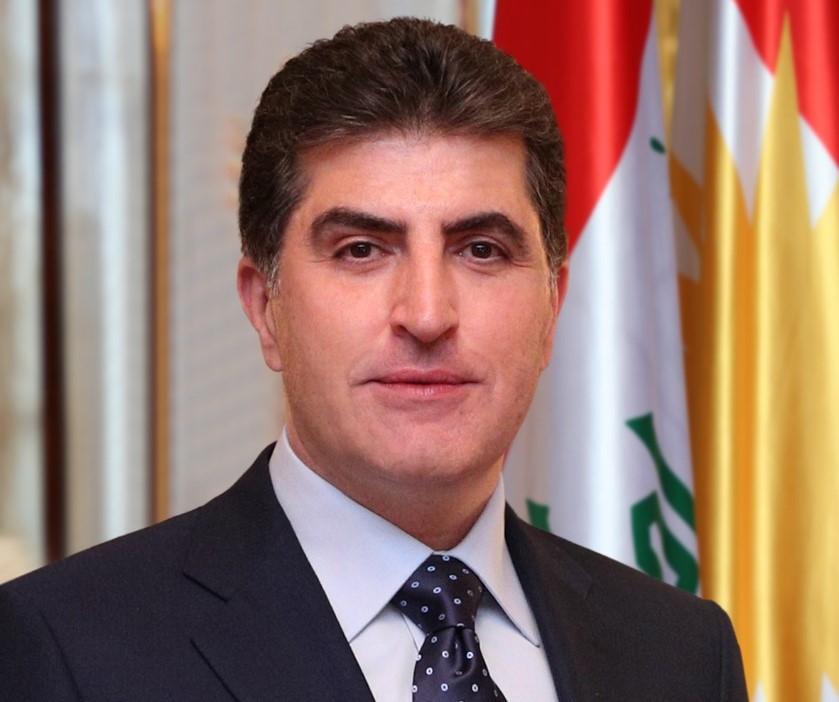


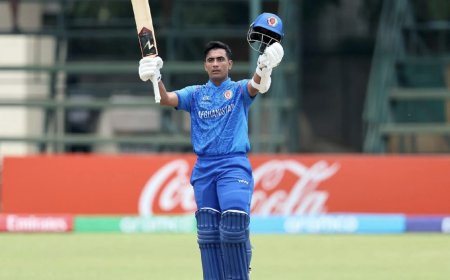
/file/attachments/orphans/IMG_9103_429753.jpeg)






